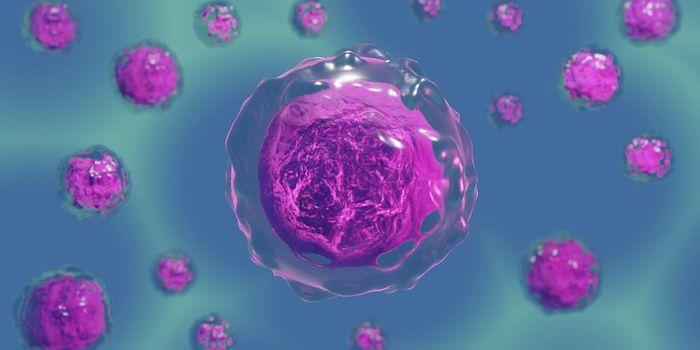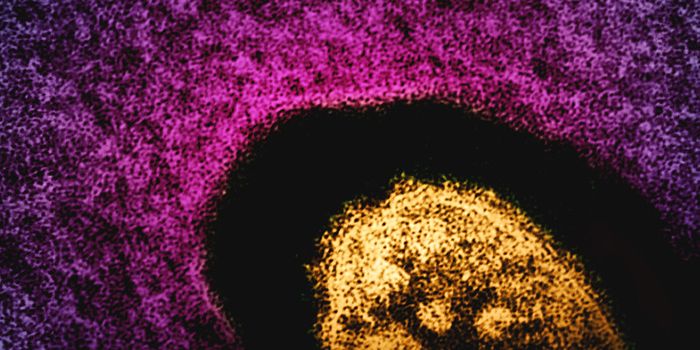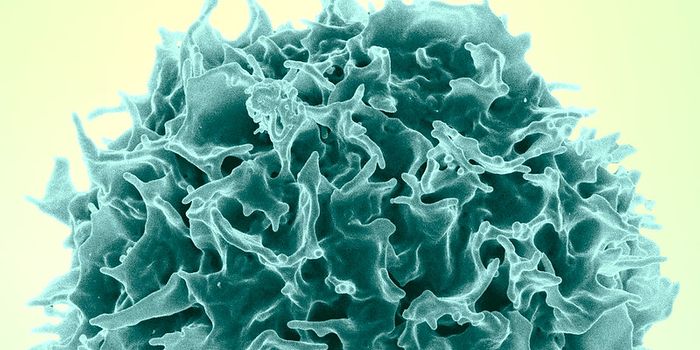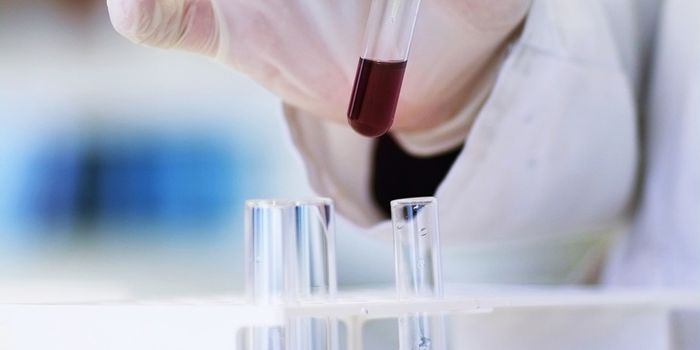A new study from Umea University in Sweden provides yet another reason for people to refrain from smoking. They found that nicotine, the very substance that makes tobacco products so addictive, is directly linked to inflammatory diseases, including chronic obstructive lung disease (COPD) and many others.
While the right amount of inflammation protects humans from invading pathogens like bacteria and viruses, overstimulation of certain immune cells can cause excessive and dangerous inflammation. In the case of nicotine exposure, whether directly from tobacco products or by way of second-hand smoke, the drug drug activates a type of lymphocyte to release pro-inflammatory and potentially toxic compounds.
The most abundant white blood cell in the bloodstream, the neutrophil, is responsible for releasing certain chemicals at the “scene of the crime,” AKA the site of infection. Neutrophils release reactive oxygen species (ROS) and DNA Fibers called neutrophil extracellular traps (NETs) to kill pathogens. However, ROS and NETs can also be harmful to human tissue.
Nicotine causes damage to the human body by triggering neutrophils to release ROS and NETs via an acetylcholine receptor on the surface of neutrophils. A protein kinase enzyme called Akt also helps to transmit the signal from nicotine into the neutrophil. ROS production and NET release without a pathogenic cause causes tissue damage, leading to inflammatory diseases like small vessel vasculitis, arthritis, and even cancer.
Constantin Urban, associate professor and project leader at Umea University, said that the research “should be seen as one more convincing argument to quit nicotine usage in any form.” Urban and the rest of the team from Umea showed for the first time that nicotine triggers NET release.
In the future, the researchers plan to show just how much NETs animal and human neutrophils are capable of releasing in response to stimulation in the presence of nicotine. They are hopeful that their findings will eventually lead to new anti-inflammatory therapies for diseases related to tobacco usage.
Their study was recently published in the
Journal of Leukocyte Biology.
Source:
Umea University Laboratory for Molecular Infection Medicine Sweden (MIMS)









